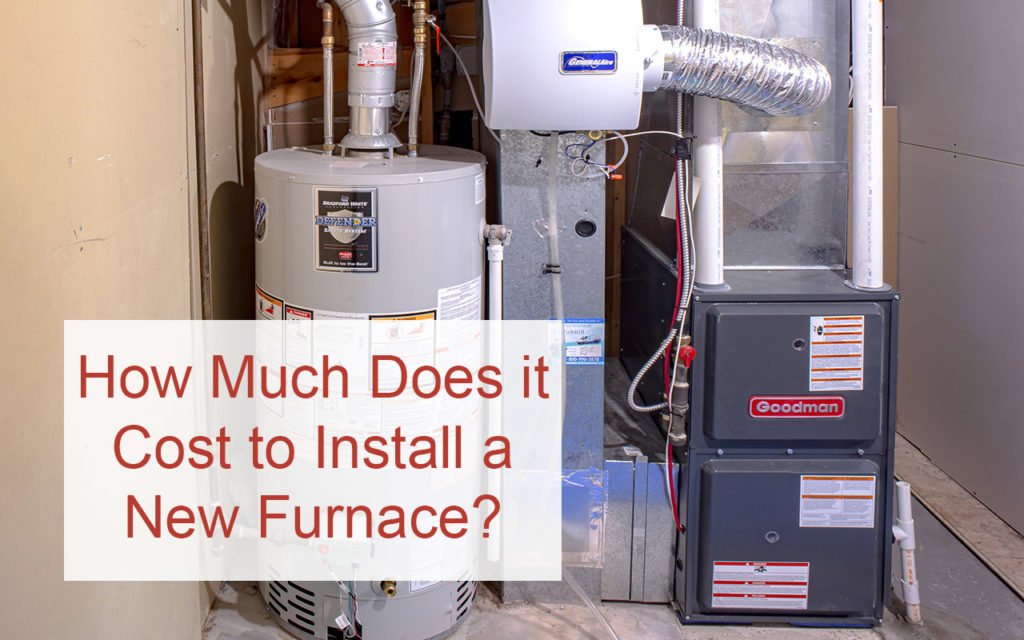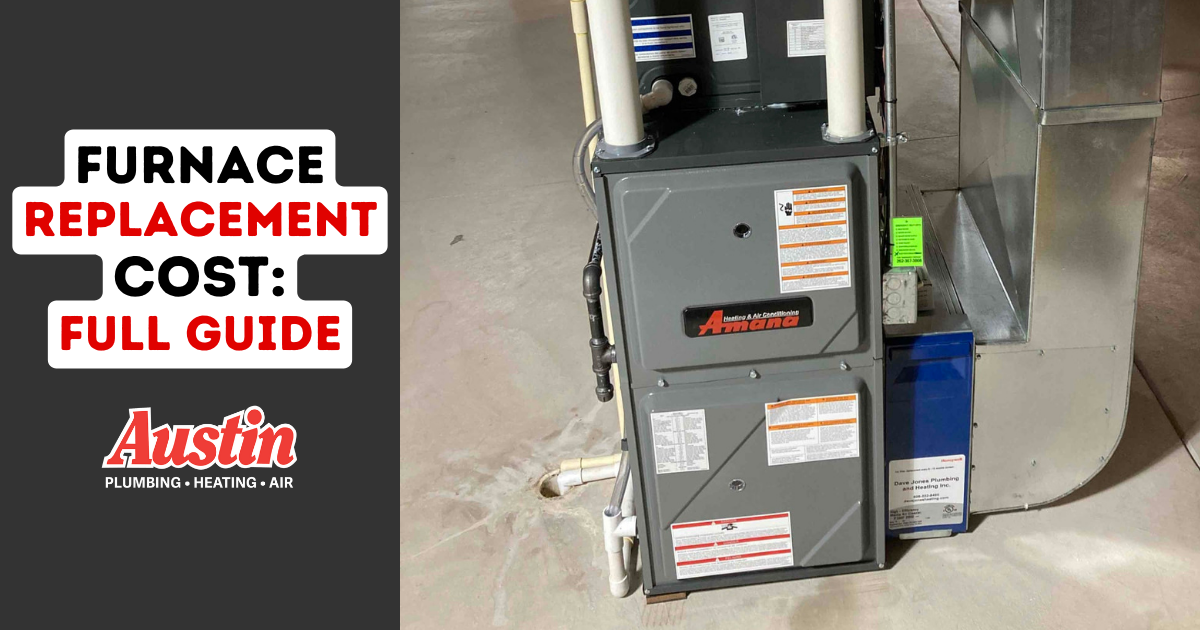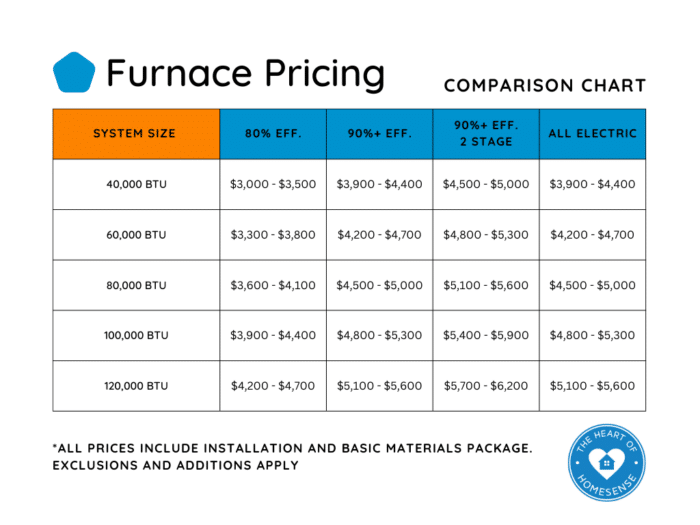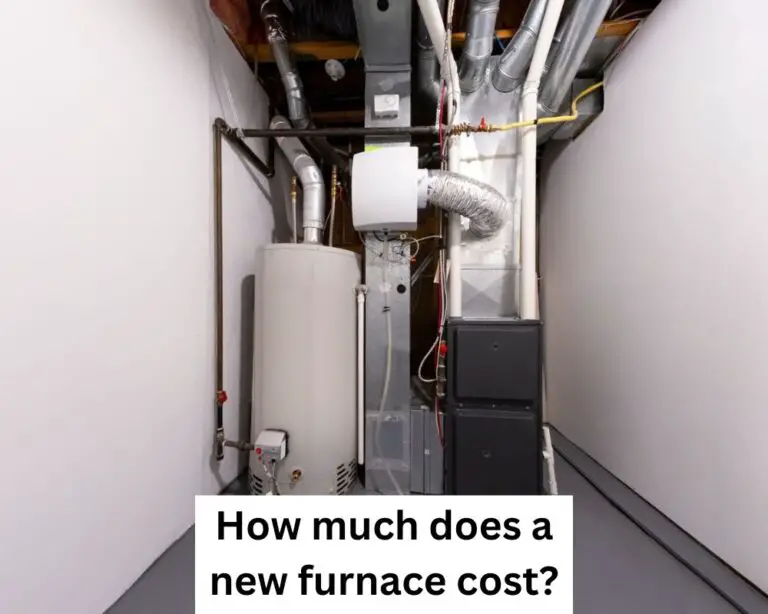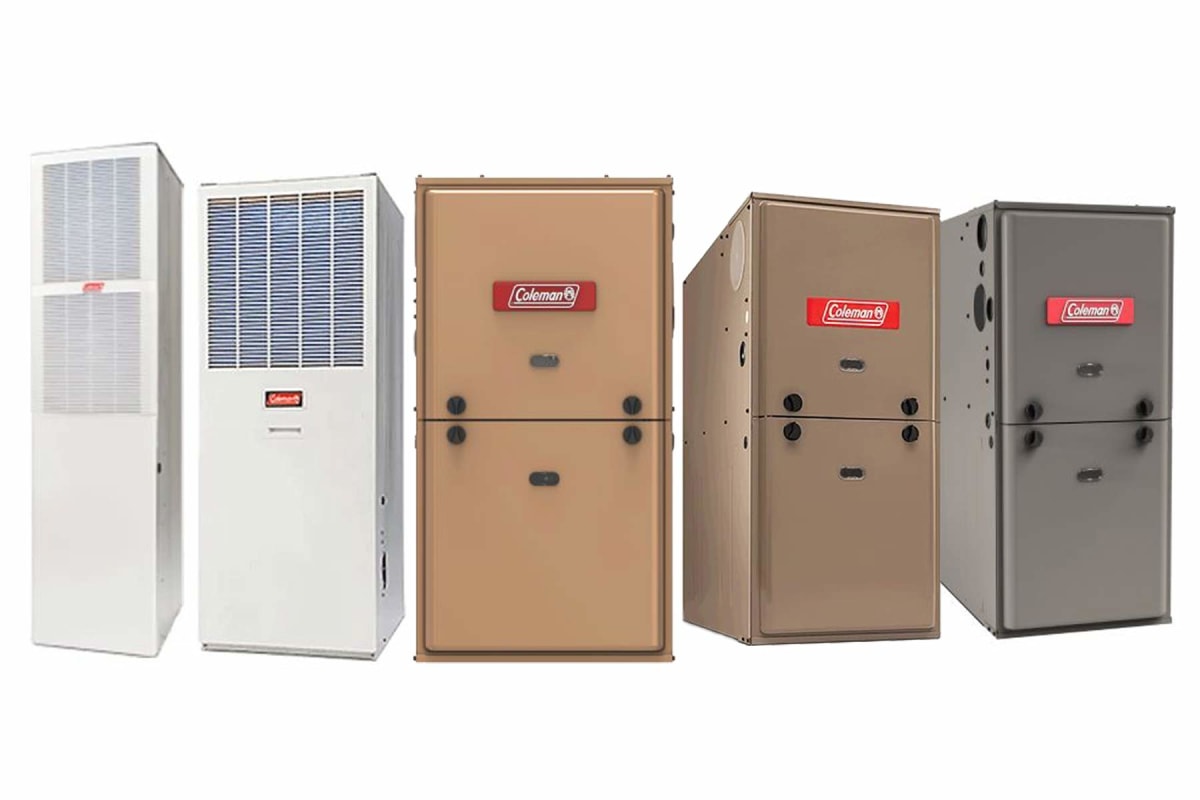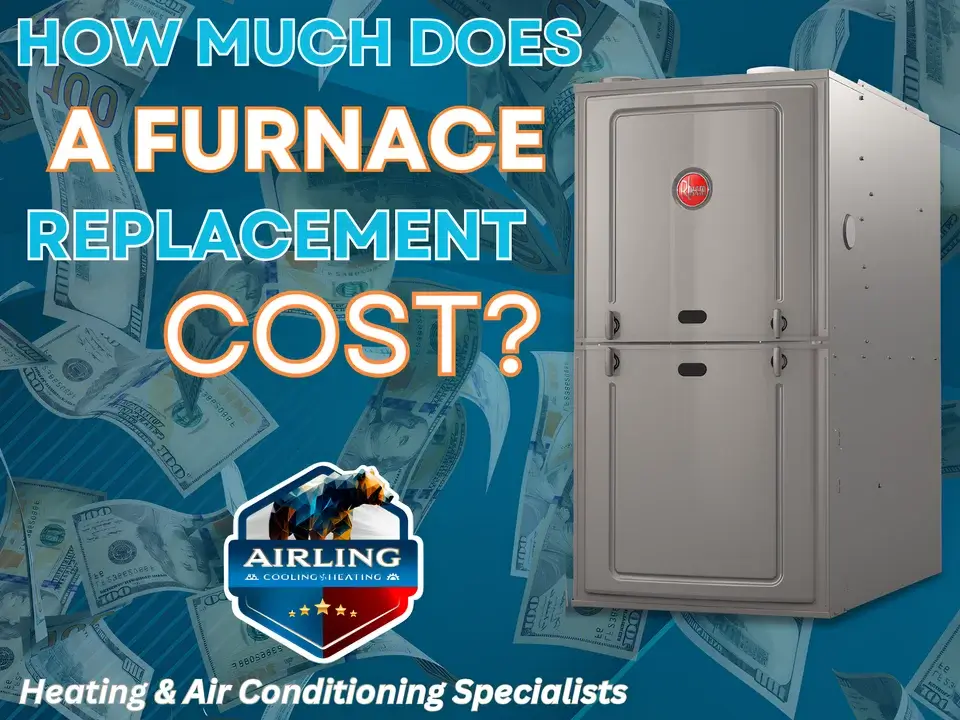How Much Does A Home Furnace Cost
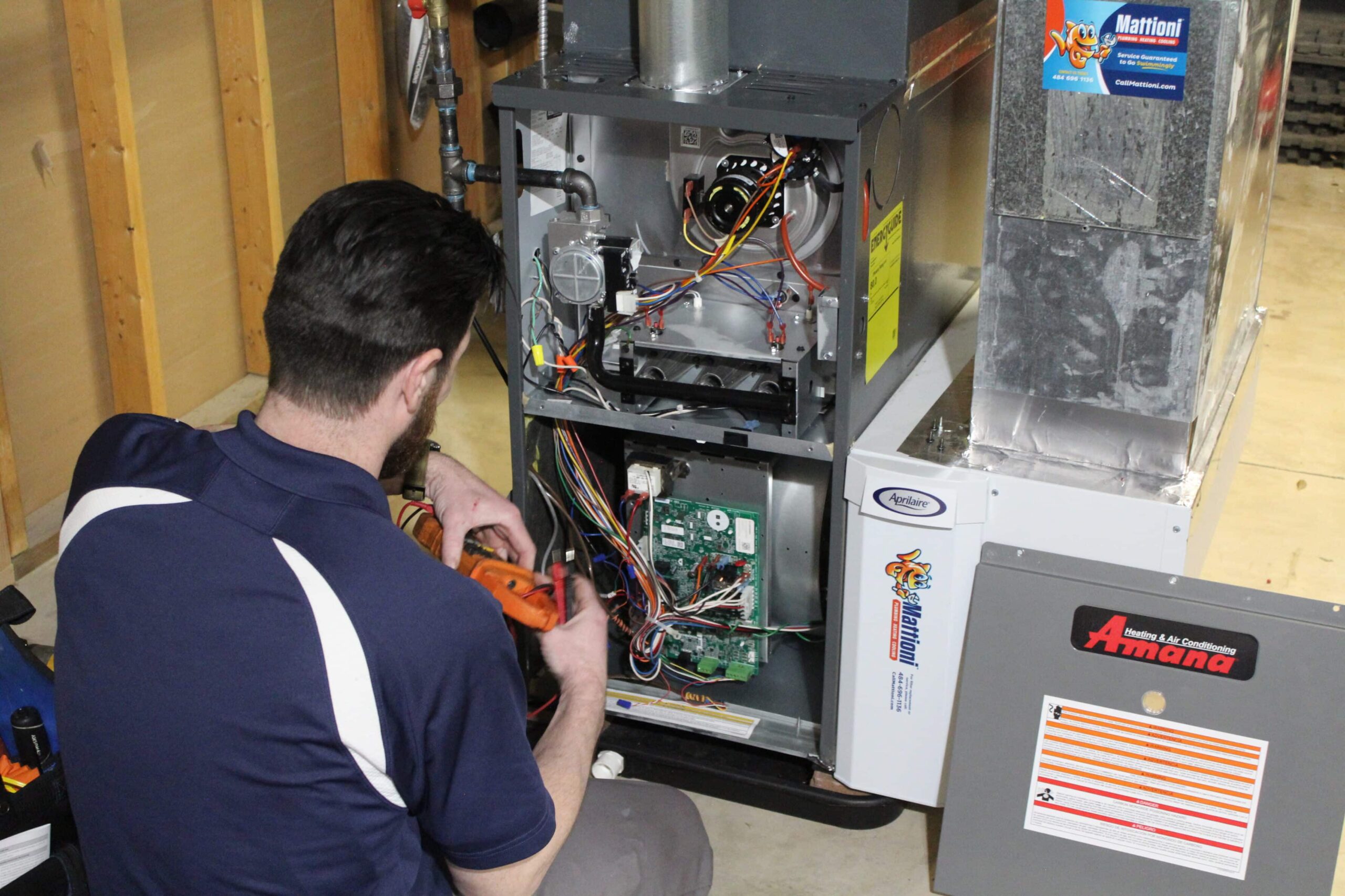
Understanding the Cost of a New Home Furnace: A Comprehensive Guide
Replacing a home furnace is a significant investment, and understanding the costs involved is crucial for making an informed decision. This guide breaks down the various factors influencing furnace prices, including the type of furnace, brand, efficiency ratings, installation costs, and long-term maintenance considerations.
Types of Furnaces and Their Cost Implications
The type of furnace you choose will significantly impact the overall cost. There are primarily three types to consider:
- Single-Stage Furnaces: These are the most basic and affordable option. They operate at only one speed – full capacity. While the initial cost is lower, they can be less efficient and potentially lead to higher energy bills.
- Two-Stage Furnaces: Offering more precise heating, two-stage furnaces operate at two speeds – high and low. They run at the lower speed most of the time, providing more consistent temperatures and improved energy efficiency. Expect to pay a premium compared to single-stage models.
- Modulating Furnaces: These are the most advanced and expensive option. They adjust their heat output in small increments to precisely match the heating demand, resulting in optimal comfort and energy savings.
Key Efficiency Ratings: AFUE Explained
When evaluating furnace efficiency, the Annual Fuel Utilization Efficiency (AFUE) rating is a key indicator. AFUE represents the percentage of fuel that's converted into usable heat. The higher the AFUE, the more efficient the furnace, and the lower your energy bills will be.
For example, an 80% AFUE furnace converts 80% of its fuel into heat, while a 95% AFUE furnace converts 95%. The U.S. Department of Energy requires all new furnaces to have a minimum AFUE of 78%, but many models exceed 90%.
Furnace Brands and Price Ranges
Several reputable furnace brands offer a range of models with varying features and price points. Here's a look at some popular brands and their typical price ranges (excluding installation):
- Carrier: A well-known brand offering a wide range of furnaces, from basic models to high-efficiency, modulating units. Prices typically range from $2,500 to $7,000+ for the unit itself. Carrier's Infinity series represents their premium offering.
- Trane: Another leading manufacturer known for its durable and reliable furnaces. Expect to pay between $2,800 and $6,500+ for a Trane furnace unit. Their XV series includes high-efficiency models.
- Lennox: Lennox offers a variety of furnaces, including some of the most energy-efficient models on the market. Prices range from $2,300 to $7,500+, depending on the model and features. The Lennox SLP98DF is often cited as a top-tier choice.
- Goodman: A budget-friendly option offering reliable performance at a lower price point. Goodman furnaces typically range from $1,500 to $4,000.
- Rheem: Rheem provides a comprehensive selection of furnaces with varying efficiency levels and price ranges. Expect to pay between $1,800 and $5,500.
Important Note: These are just estimated price ranges for the furnace unit itself. Installation costs can vary significantly depending on the complexity of the job.
Installation Costs: What to Expect
Installation costs can add a significant amount to the overall furnace replacement expense. Factors that influence installation costs include:
- Complexity of the Installation: Replacing an existing furnace is typically less expensive than installing a new furnace in a home that doesn't have one.
- Ductwork Modifications: If your existing ductwork needs to be modified or replaced, this will increase the cost.
- Accessibility: Difficult-to-access locations for the furnace can also increase labor costs.
- Local Labor Rates: Labor rates vary depending on your location.
- Permits and Inspections: Permits and inspections are usually required and add to the total cost.
On average, expect to pay between $1,500 and $5,000+ for professional furnace installation. Always get multiple quotes from qualified HVAC contractors before making a decision.
Beyond the Initial Cost: Operating and Maintenance Expenses
The initial purchase price is only part of the equation. Consider the long-term operating and maintenance costs of your furnace:
- Energy Bills: A more efficient furnace (higher AFUE) will result in lower energy bills over its lifespan.
- Maintenance: Regular maintenance, such as filter changes and annual inspections, is crucial for optimal performance and longevity. Budget for professional maintenance services.
- Repairs: Even with proper maintenance, furnaces may require occasional repairs. Consider purchasing an extended warranty to cover potential repair costs.
Warranties: Protecting Your Investment
Furnace warranties provide protection against defects in materials and workmanship. Most manufacturers offer a limited warranty on parts, typically ranging from 5 to 10 years. Some manufacturers also offer a longer warranty on the heat exchanger, which is the most expensive component to replace.
Important: To keep your warranty valid, you typically need to register your furnace with the manufacturer within a specified timeframe and have it professionally installed.
Financing Options
Replacing a furnace can be a substantial expense, and many homeowners explore financing options. Common options include:
- Home Equity Loans: These loans use your home as collateral and offer potentially lower interest rates.
- Personal Loans: Unsecured personal loans are another option, but interest rates may be higher.
- HVAC Financing: Many HVAC contractors offer financing options through third-party lenders.
Making the Right Choice: A Summary
Choosing the right furnace involves considering several factors:
- Budget: Determine your budget and explore options within that range.
- Efficiency Needs: Assess your heating needs and choose a furnace with an appropriate AFUE rating.
- Climate: Consider your local climate. Colder climates generally benefit from higher-efficiency furnaces.
- Contractor Selection: Choose a reputable and experienced HVAC contractor for installation. Get multiple quotes and check references. Always verify licenses and insurance.
By carefully considering these factors, you can make an informed decision and choose a furnace that provides reliable and efficient heating for years to come. Remember to factor in not just the initial cost, but also the long-term operating and maintenance expenses.
Example Cost Breakdown
To illustrate the overall cost, consider this example:
Scenario: Replacing an existing furnace with a 95% AFUE two-stage furnace.
- Furnace Unit (Trane or Carrier): $4,500
- Installation Costs: $3,000
- Permits and Inspections: $300
- Total Estimated Cost: $7,800
This is just an estimate, and actual costs may vary.
Professional Consultation
This guide provides a general overview of furnace costs. Consulting with a qualified HVAC professional is essential for getting a personalized assessment and accurate quote for your specific needs. They can evaluate your home, heating requirements, and budget to recommend the best furnace for your situation.



